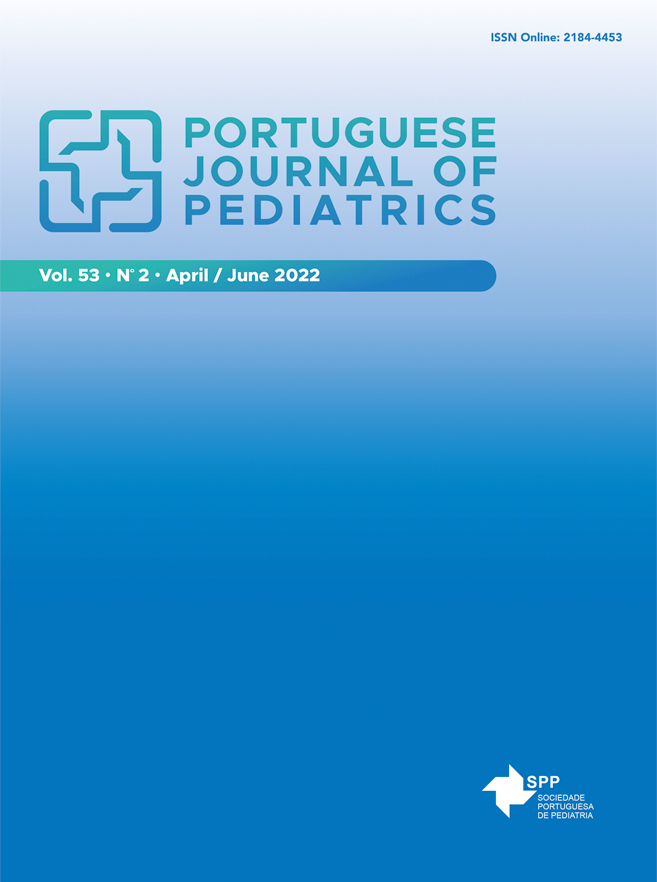Home Mechanical Ventilation in Children: Impact on the Sleep Quality of Caregivers
DOI:
https://doi.org/10.25754/pjp.2022.24283Abstract
Introduction: The role played by caregivers of children with complex chronic diseases may be influenced by sleep disturbances. This situation may affect long-term quality care for children. This study aimed to evaluate the sleep quality of caregivers of children with complex chronic diseases under home mechanical ventilation.
Methods: This analytical observational study was carried out from October 2018 to January 2019. We assessed the caregivers of children/adolescents with complex chronic disease under home mechanical ventilation for three months or more, followed in the pneumology clinic of a tertiary pediatric hospital in Coimbra, Portugal. The evaluation instrument included the Portuguese version of the Pittsburgh sleep quality index.
Results: This study was conducted on 33 caregivers. The mean global score obtained by the sample evaluated using the Pittsburgh sleep quality index was higher than the one attained from the healthy Portuguese population sample (8 vs 1.20). Global scores ≥ 5 were obtained for 72.4% of the study sample, indicating a high risk of sleep disturbance. Caregivers of children / adolescents with respiratory disease attained the worst scores in sleep quality (mean Pittsburgh sleep quality index score = 11), followed by neuromuscular disease and central hypoventilation (mean Pittsburgh sleep quality index score = 8). There was no statistically significant difference between the three diagnostic groups.
Discussion: There was a discrepancy between the subjective sleep quality (good in 64%) and the Pittsburgh sleep quality index score (poor in 72%), with significant percentage of daytime sleepiness/dysfunction (75%). Half of the study sample showed sleep efficiency indices below 85%. It is essential to raise awareness among professionals regarding the importance of evaluating the sleep quality of caregivers of children with complex chronic diseases, since the importance of the matter may be missed by them.
Downloads
Downloads
Published
Issue
Section
License

This work is licensed under a Creative Commons Attribution-NonCommercial-NoDerivatives 4.0 International License.









